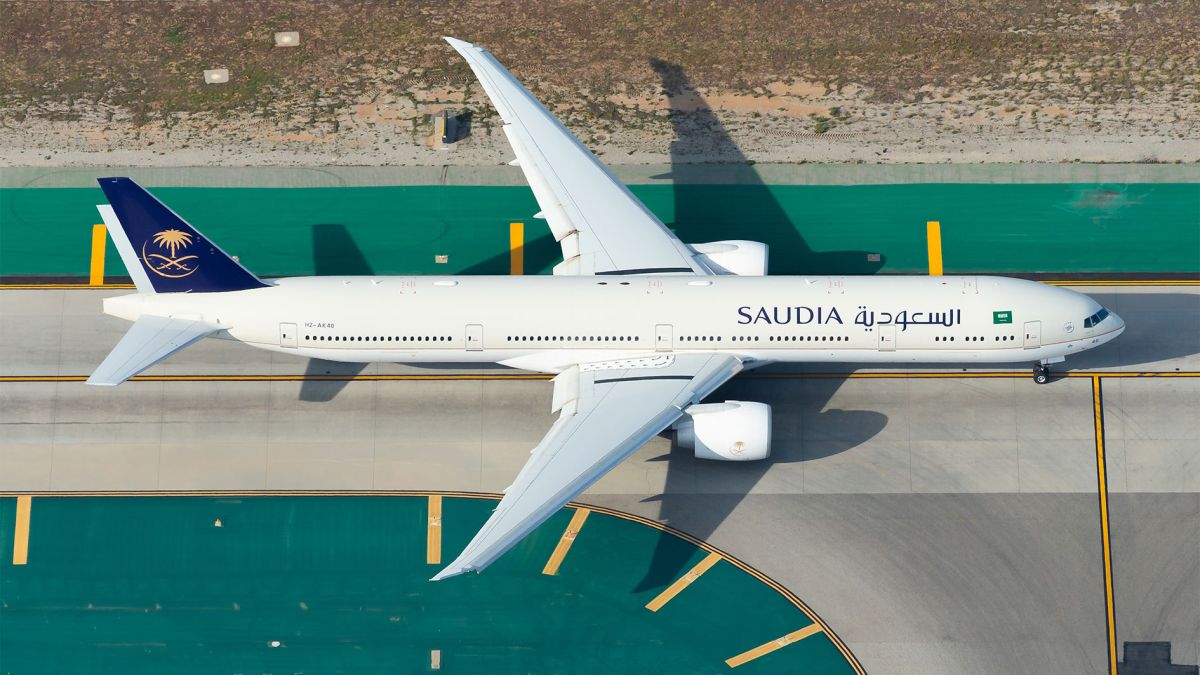Rulings in Regard to Ḥijrah
The Permanent Committee for Islamic Research and Fatāwá


Every country or region in which the rulers and those in authority do not uphold the limits set by Allāh and do not govern those who are under their care by the rules of Islām, and in which the Muslims are not able to establish the rituals of Islām, is Dār al-Kufr (the land of kufr).
[Q.1]: How can we make ḥijrah (migration) for the sake of Allāh nowadays?
[A.1]: The praise is for Allāh. Hijrah (migration) for the sake of Allāh means moving from the land of Shirk to the land of Islām, as the Muslims moved from Makkah before its people became Muslim to al-Madīnah, because it had become the city of Islām after its people had pledged their allegiance (bay’ah) to the Prophet ﷺ and asked him to make ḥijrah to them. So Hijrah means migrating to join other Muslims. Hijrah may also take the form of moving from one land of Shirk to another land of Shirk where evil is less prevalent and there is less danger to the Muslims, as when some of the Muslims migrated from Makkah, at the command of the Prophet ﷺ, to Abyssinia (Ethiopia).
And Allāh is the Source of Strength. May Allāh bless our Prophet Muḥammad and his Family and his Companions, and grant them peace.1
[Q.2]: What are the necessary qualities that must be present in a country for it to be regarded as dār al-harb (land of war) or dār al-kufr (land of disbelief)?
[A.2]: Every land or region in which the rulers and those in authority uphold the limits set by Allāh and they rule their people in accordance with Islamic Sharīʿah, and the people are able to carry out what Islām has enjoined upon them, is considered to be Dār al-Islām (the land of Islām). The Muslims in such lands have to obey their rulers with regard to that which is right (ma’roof) and be sincere towards them, helping them to take care of the affairs of state and giving them moral and practical support. They should live there, and not go to live anywhere else except to another place which is under Islamic rule where they may be better off. This is like the case of al-Madīnah after the Hijrah of the Prophet ﷺ, when the Islamic state was established there, and like Makkah after the Conquest, when the Muslims took power there and it became Dār al-Islām after it had been daarul-harband it had been obligatory for the Muslims there who were able to leave, to migrate from it.
Every country or region in which the rulers and those in authority do not uphold the limits set by Allāh and do not govern those who are under their care by the rules of Islām, and in which the Muslims are not able to establish the rituals of Islām, is dār al-kufr (the land of kufr). This is like Makkah al-Mukarramah before the Conquest, when it was dār al-kufr. The same applies to any land in which the people belong to the religion of Islām, but those who are in authority govern by laws other than those revealed by Allāh, and the Muslims are not able to establish the rituals of their Religion. They have to migrate from that place, fleeing so that their religious commitment will not be compromised, to a land which is ruled by Islām and where they will be able to do that which is required of them by Sharīʿah. Whoever is unable to migrate men, women or children will be excused, but Muslims in other lands are obliged to save them and bring them from the kāfir lands to the Muslim land. Allāh the Exalted says:
“Verily, as for those whom the angels take (in death) while they are wronging themselves (as they stayed among the disbelievers even though emigration was obligatory for them), they (angels) say (to them): In what (condition) were you? They reply: We were weak and oppressed on the earth. They (angels) say: Was not the earth of Allāh spacious enough for you to emigrate therein? Such men will find their abode in Hell what an evil destination! Except the weak ones among men, women and children who cannot devise a plan, nor are they able to direct their way. These are they whom Allāh is likely to forgive them, and Allāh is Ever Oft Pardoning, Oft-Forgiving.”
[Sūrah al-Nisāʾ 4:97-99]
“And what is wrong with you that you fight not in the Cause of Allāh, and for those weak, ill-treated and oppressed among men, women, and children, whose cry is: Our Lord! Rescue us from this town whose people are oppressors; and raise for us from You one who will protect, and raise for us from You one who will help.”
[Sūrah al-Nisāʾ 4:75]
But whoever is able to establish the rituals of Islām within his family and establish evidence against the rulers and people in authority, and bring about reform, making them change their ways, then it is prescribed for him to stay among them, because there is the hope that by staying there he may be able to convey the message and reform them so long as he is safe from temptation and fitnah.
And Allāh is the source of strength. May Allāh bless our Prophet Muḥammad.
Endnotes:
[1] Fatāwá al-Lajnah al-Dāʿimah (12/50)
[2] Fatāwá al-Lajnah al-Dāʿimah (12/51)
Most Popular: Last 30 Days















